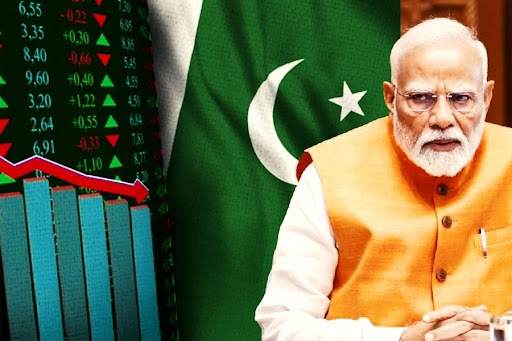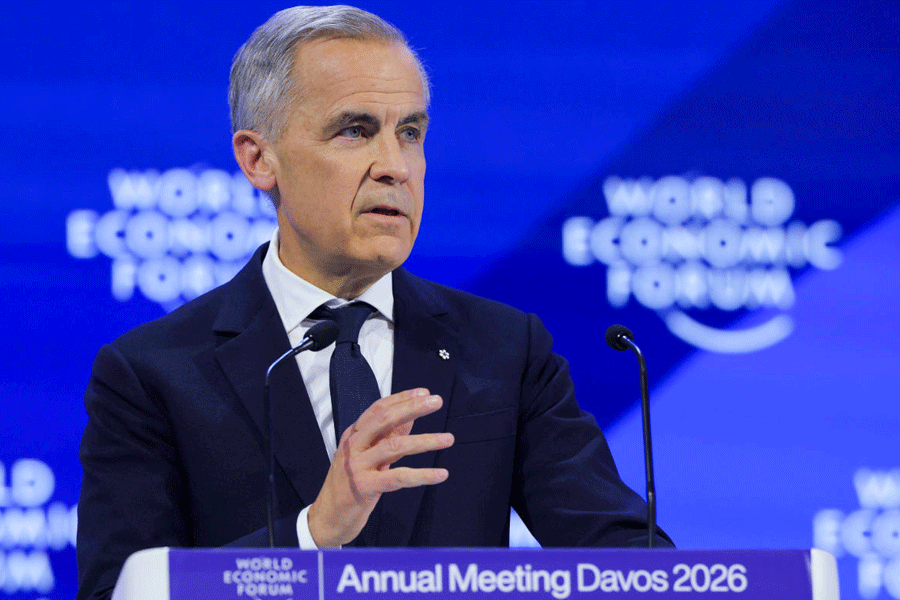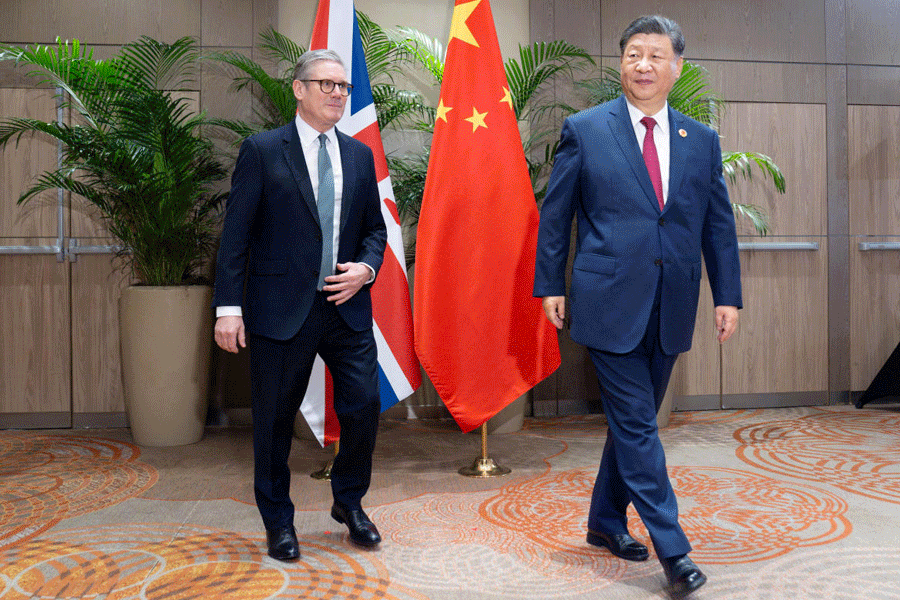The Karachi Stock Exchange flamed-out Wednesday hours after the Indian Air Force struck terror camps across Pakistan and Pakistan-occupied Kashmir in retaliation for the brutal killing of 26 tourists in Pahalgam.
The KSE-100 which has been on a buoyant roll through most of this year went into freefall and tumbled a gigantic 6,272 points wiping out billions in market value. The market sank 5.5 per cent from 113,568.58 points to 107.296.
The index has now dropped nearly 8 per cent since the Pahalgam attack, reflecting deep investor anxiety and fears that the two nuclear-armed rivals might look to settle scores on the battlefield.
Indian markets, by contrast, shrugged off the display of firepower and climbed 106 points, staying over the 80,000-mark. The Sensex has overcome its fears of war and gained nearly 2 per cent since the Pahalgam attack on April 22. The Nifty 50 hovered between 24,220 and 24,449.60 throughout the session. The Sensex has overcome its fears of war and gained nearly 2 per cent since April 22.
But the strikes were only the latest in a coordinated series of moves by New Delhi aimed at economically and diplomatically isolating Pakistan. India has said it will lodge a formal complaint to the International Monetary Fund (IMF) that Pakistan is misusing the money loaned to it by the international financial institution.
Pakistan has stabilised its economy with a $7-billion IMF loan finalised in July 2024. The international organisation has put Pakistan into a strict financial straitjacket as part of the loan terms.
India will also lobby for Pakistan to be re-listed on the Financial Action Task Force (FATF) ‘grey list’ because of its support for terrorism. This could be a move that would carry considerable financial consequences and even force the IMF to take a second look at its loan. Pakistan only came off the FATF ‘grey list’ in 2022.
Even before Operation Sindoor, India had taken several punitive measures in the days following the Pahalgam killings.
On May 2, India’s Directorate General of Foreign Trade (DGFT) issued a blanket ban on all imports from Pakistan, regardless of whether they had been previously permitted. “Direct or indirect import or transit of all goods originating in or exported from Pakistan… shall be prohibited with immediate effect, until further orders,” the DGFT notification stated.
That same week, the Directorate General of Shipping (DGS), an arm of the ministry of ports, shipping and waterways, ordered that “all ships bearing the flag of Pakistan shall not be allowed to visit any Indian Port.”
Pakistan countered this and Indian-flagged vessels were similarly barred from visiting our neighbour’s ports.. “This order is issued to ensure safety of Indian assets, cargo and connected infrastructure,” said the DGS circular, which also took immediate effect.
Further tightening the screws, the Indian government cut postal links as well.
Jyotiraditya Scindia, Union minister for communications and development of the northeastern region, released a notification stating the department of posts would “suspend exchange of all categories of inbound mail and parcels from Pakistan through air and surface routes”.
Additionally, New Delhi has suspended the 1960 Indus Waters Treaty, citing security concerns. India’s decision to halt data-sharing and project notifications under the treaty could have serious repercussions for Pakistan in the coming months.
On Monday, Pakistan’s Indus River System Authority (IRSA) flagged an abrupt reduction in the flow of the Chenab River at the Marala headworks, attributing it to upstream withholding by India.
IRSA now anticipates a 21 per cent water deficit for the early kharif cropping season (May–June) and a 7 per cent shortfall for the late kharif (June–September). The drop in the Chenab’s flow, linked to reduced discharges from Baglihar and Salal dams, threatens irrigation for critical crops like rice, maize, and cotton and this could place significant pressure on Pakistan’s food security.
Operation Sindoor may have begun on the ground with coordinated military strikes but the larger strategy closing every point of contact from trade to water, mail to markets aims to make Pakistan feel the pinch.













